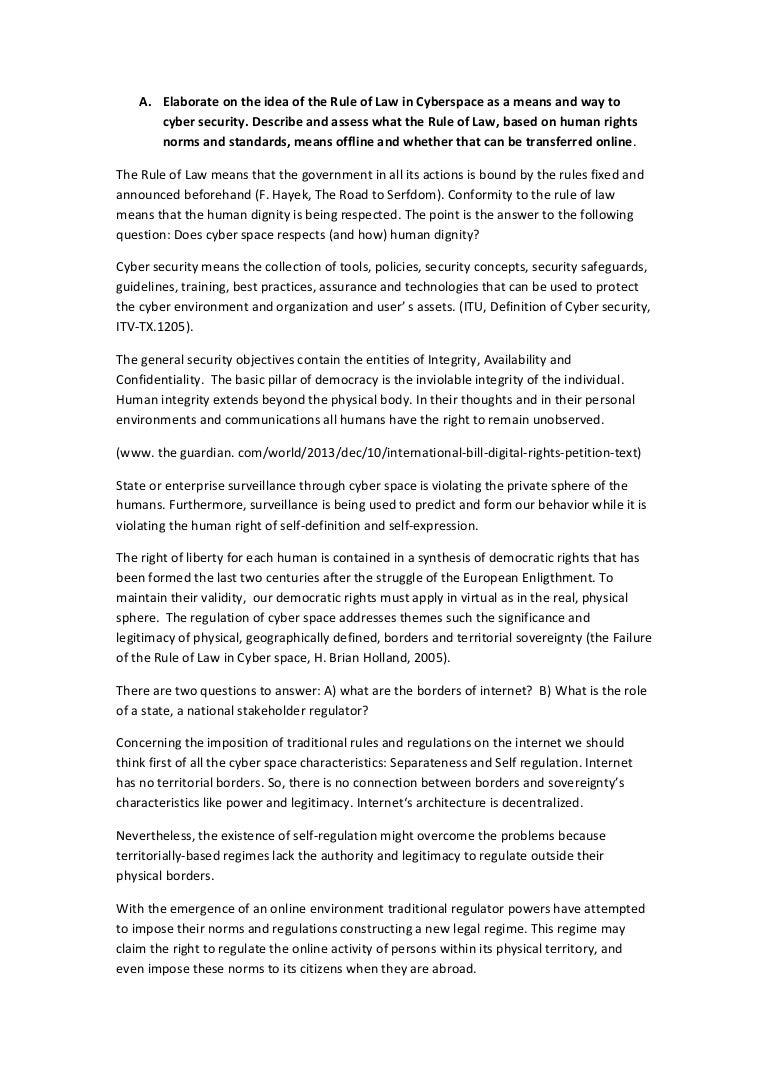
The chapter further posits that the incidence of digital authoritarianism pervades Africa and has been further entrenched by the incidence of the COVID-19 pandemic, which provided autocratic leaders with the opportunity to restrict expression and free speech with the pretext of combating disinformation and cybercrime. Digital tools are increasingly being used to promote mass surveillance of citizens, internet shutdown, electoral manipulation, corporate espionage, censorship, etc. Despite the optimism of liberation that digital democracy promises, it has been reversed by African leaders to promote authoritarianism: digital authoritarianism. This revolution, which led to an increase in democratic activities, was given impetus by the fourth industrial revolution, occasioned by the internet to engender a digital democratic space characterized by increased political communication and easy access to information. Archiv des Völkerrechts (founded in 1948), Early Christianty (founded in 2010), and Rabels Zeitschrift für ausländisches und internationals Privatrecht (founded in 1927).The spread of democracy in Africa in the 1990s, often dubbed the third wave of democracy, was a period of democratic optimism on the continent. Many other journals have a high proportion of English-language articles, e.g. Another English-language journal is Jewish Studies Quarterly (founded in 1993). In addition to the predominantly German-language journals, Mohr Siebeck also publishes two English-language journals in economics, the FinanzArchiv/Public Finance Analysis (founded as Finanzarchiv in 1884) and the Journal of Institutional and Theoretical Economics, (founded as Zeitschrift für die gesamte Staatswissenschaft in 1844).

Mohr Siebeck’s oldest journal is the Archiv für die civilistische Praxis founded in 1821.

The authors of this renowned publishing company include scholars and researchers who are known throughout the entire world.

The Mohr Siebeck Publishing Company, founded in 1801, publishes monographs, series and journals in the fields of theology, Jewish studies, religious studies, philosophy, sociology, history, law and economics.


 0 kommentar(er)
0 kommentar(er)
